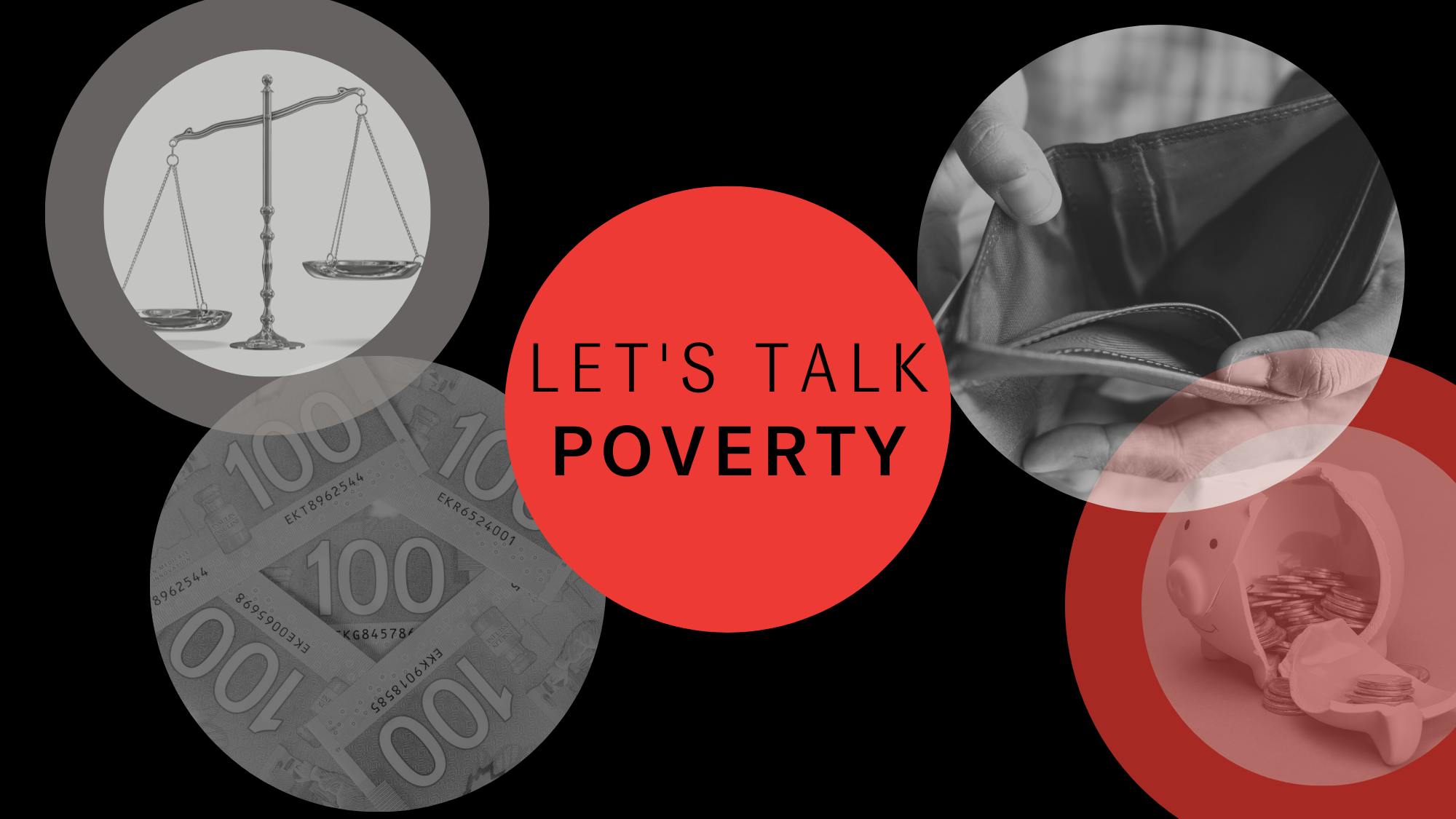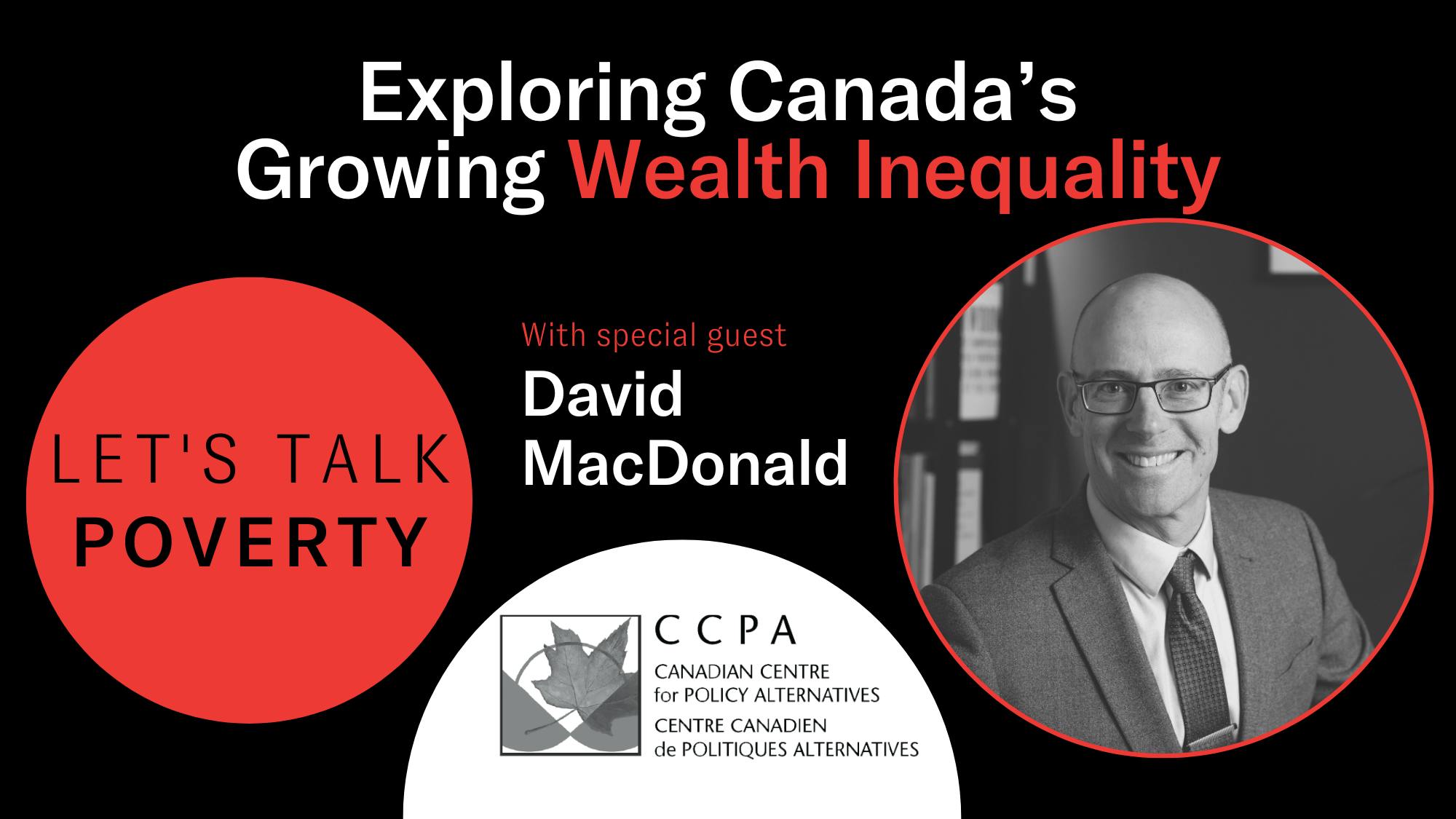In this episode of Let’s Talk Poverty, Lee Stevens connects with David MacDonald, senior economist with the Canadian Centre for Policy Alternatives, to discuss his recent report on CEO pay in Canada, taxation and income inequality.
Podcast

Published 28 February 2024
Last Updated 28 February 2024

In this episode of Let’s Talk Poverty, Lee Stevens connects with David MacDonald, a senior economist with the Canadian Centre for Policy Alternatives to discuss his recent report on CEO pay in Canada, taxation and income inequality.
In this episode
- Learn about how the top 100 CEO’s in Canada are compensated, the growing wealth inequality between the average workers and the highest paid, and how Canada’s taxation system could be reformed to combat extreme wealth inequality.
- How Canada has done with the implementation of a wealth tax, the arguments against it and how it can be improved.
Three key takeaways
- The top 100 CEOs in Canada now make 246 times more than the average worker and the gap is widening.
- 84% of a CEO’s pay package is comprised of performance pay or bonuses, whether that be cash, stock options or direct awards of company shares.
- However, tracking CEO compensation over time shows that performance-based compensation does not always correlate with company performance. Tax reforms targeting extreme pay packages could be an effective tool in reducing wealth inequality, and because 75% of CEO’s are hired from within a company, this shouldn’t cause a “brain drain.” it.
About David MacDonald
David MacDonald joined the Canadian Centre for Policy Alternatives (CCPA) as its Senior Ottawa Economist in 2011, although he has been a long time contributor as a research associate. Since 2008, he has coordinated the Alternative Federal Budget, which takes a fresh look at the federal budget from a progressive perspective. David has also written on a variety of topics, from child care to income inequality to federal fiscal policy. He is a regular media commentator on national policy issues, often speaking to the CBC, Globe and Mail, Toronto Star and Canadian Press.
About Canadian Centre for Policy Alternatives
The CCPA is an independent, non-partisan research institute concerned with issues of social, economic and environmental justice. Founded in 1980, the CCPA is one of Canada’s leading progressive voices in public policy debates.
The CCPA produces the research and analysis necessary for policymakers, activists, and everyday Canadians to make informed decisions and press for social change.
Share your thoughts. Have an idea for us to explore or a question for us? Send us a message!

